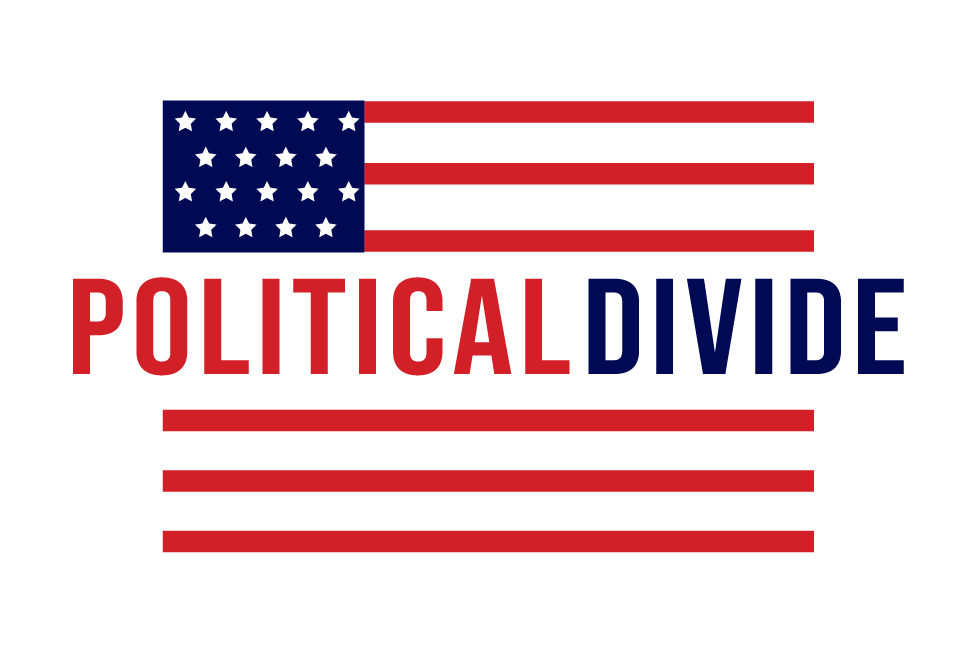
In recent times, the intersection of national security and individual rights has sparked intense debates. One significant topic that has gained prominence is whether individuals on the “no-fly list” should be prohibited from purchasing guns and ammunition. This discussion delves into the complexities of balancing public safety with constitutional freedoms.
Introduction: Balancing Act Between Rights and Security
The question of restricting access to firearms for individuals on the no-fly list has ignited passionate conversations across the nation. On one hand, advocates argue that such measures enhance public safety by preventing potentially dangerous individuals from obtaining lethal weapons. On the other hand, critics express concerns about potential infringements on constitutional rights, emphasizing the importance of due process.
National Security Concerns:
Proponents of restricting firearm access for those on the no-fly list highlight the primary objective of safeguarding national security. The no-fly list is a tool used by authorities to identify individuals considered potential threats to aviation and, by extension, national security. Translating this restriction to firearm purchases aims to further mitigate the risk of individuals with potential malicious intent obtaining weapons.
Constitutional Considerations:
Opponents argue that denying individuals on the no-fly list the right to purchase firearms raises constitutional concerns. The right to bear arms, as outlined in the Second Amendment, is a fundamental aspect of American freedom. Critics question whether denying this right based on a security list without due process is a violation of the principles upon which the nation was founded.
Due Process and Accountability:
One crucial aspect of this debate centers around ensuring due process for individuals on the no-fly list. Advocates for restricting firearm access emphasize the need for a thorough and fair process to place individuals on such a list, preventing potential abuses of power. Striking a balance between protecting national security and upholding constitutional rights requires a comprehensive approach that addresses these due process concerns.
Potential Solutions and Compromises:
As the nation grapples with this issue, exploring potential solutions and compromises becomes essential. Implementing a rigorous and transparent process for placement on the no-fly list, coupled with periodic reviews, could address concerns related to due process. Additionally, establishing clear criteria for removal from the list may provide a safeguard against unwarranted and prolonged restrictions.
Navigating the Path Forward
The debate on whether individuals on the no-fly list should be banned from purchasing guns and ammunition underscores the delicate balance between individual rights and collective security. Finding a middle ground that ensures due process, accountability, and enhanced public safety is a challenging but crucial task for lawmakers and citizens alike. As the nation continues to grapple with these issues, it is essential to foster open dialogue, respect diverse perspectives, and work towards a solution that upholds the principles upon which the United States was founded.
In the ever-evolving landscape of national security and individual privacy, a contentious issue arises: Should the National Security Agency (NSA) be permitted to collect basic metadata of citizens’ phone calls, encompassing numbers, timestamps, and call durations? This exploration delves into the nuances of this debate, considering both the imperative for security and the preservation of personal privacy.
